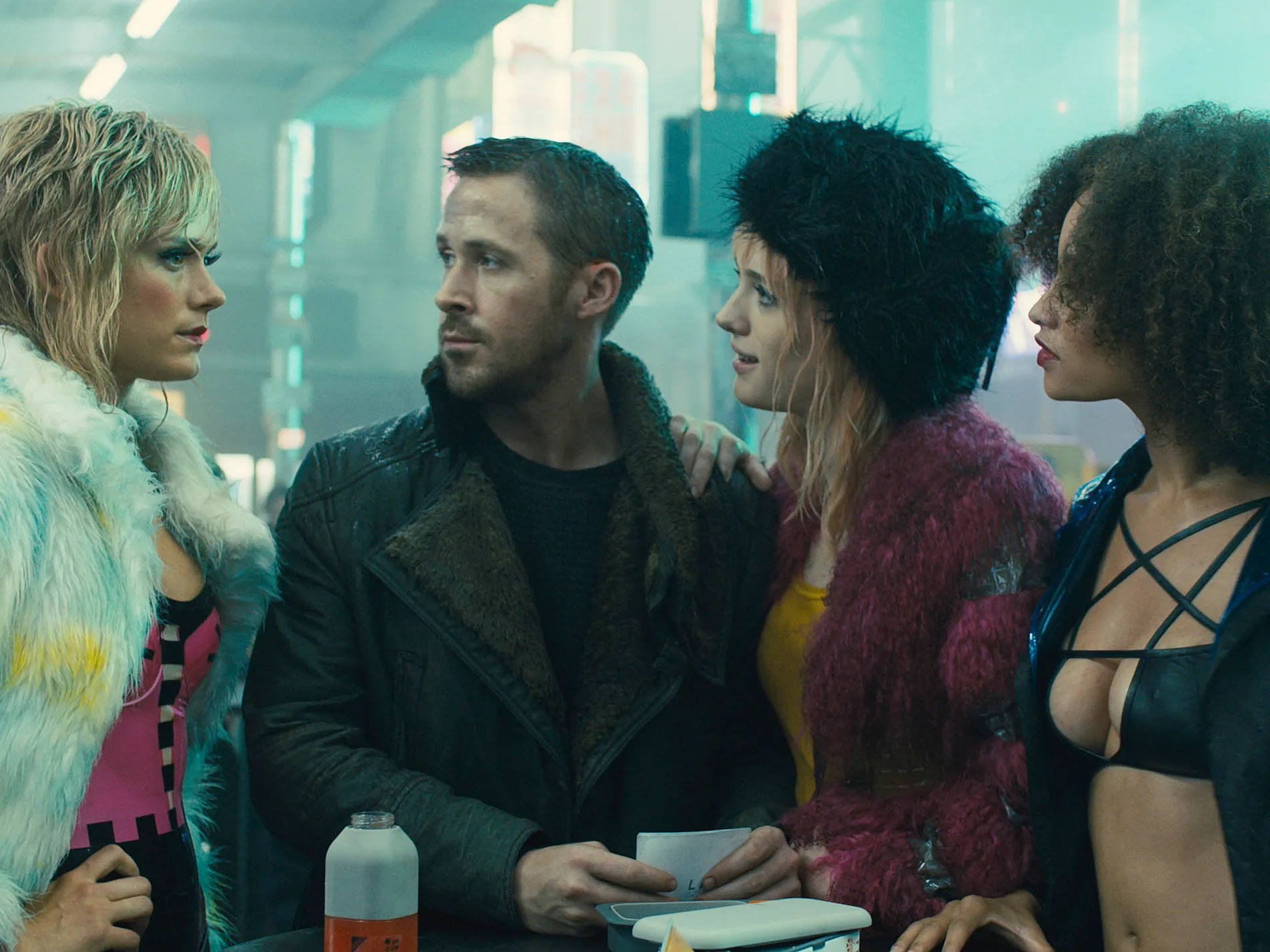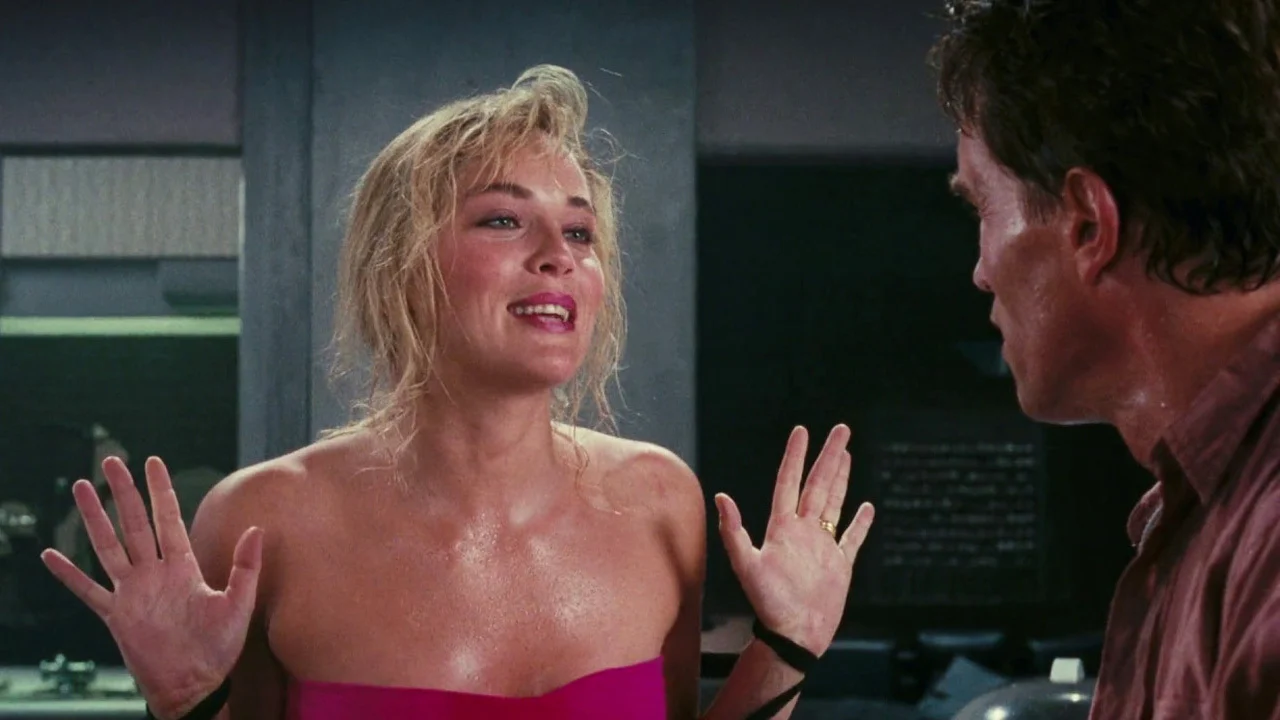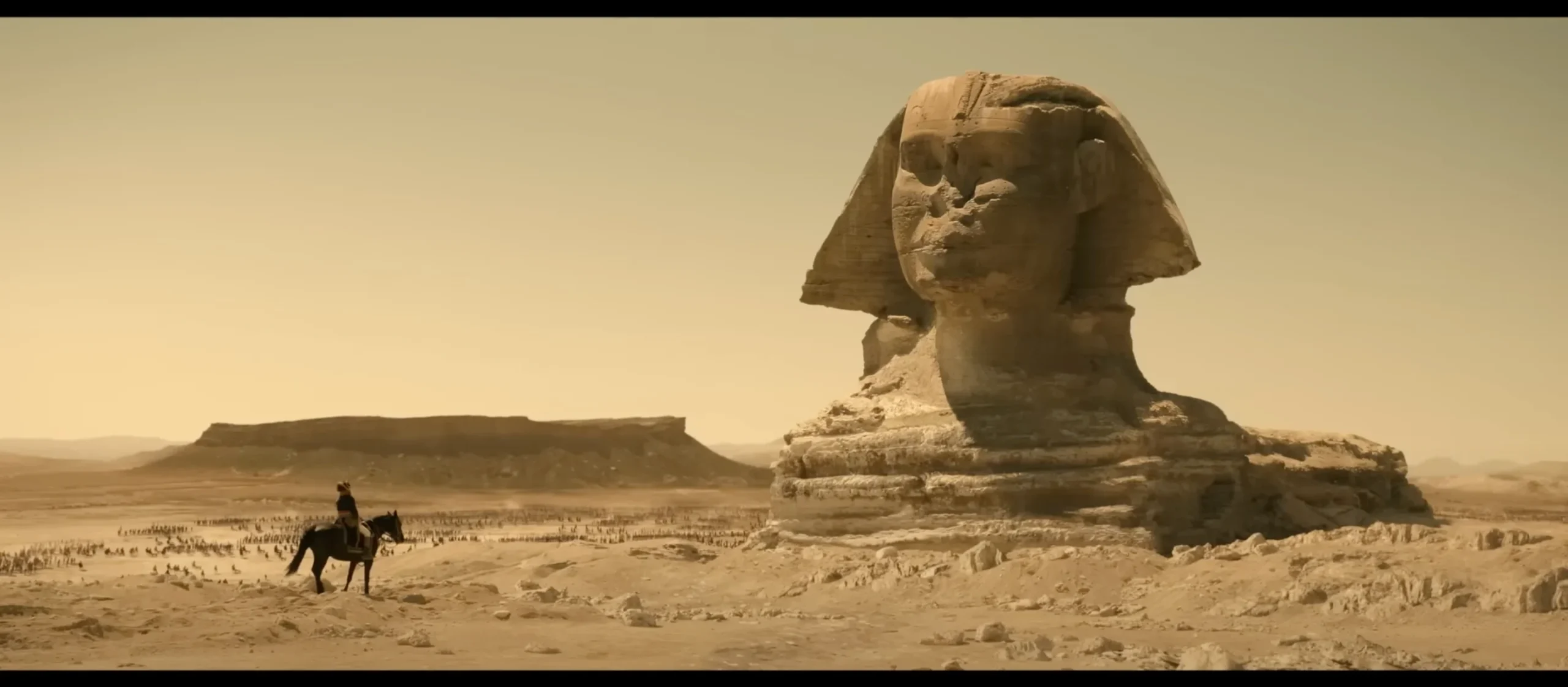
Male fantasy is seen as something that can create reality, whereas female fantasy is regarded as a pure escape. --- Bell Hooks
Some time ago I was reminiscing with myself while writing an article about science fiction stories on Mars and realised something I should have realised when I watched BR 2049, a movie I did not particularly like at the time. And like even less now.
By Emad Aysha
It’s atrocious in the way it portrays women. The story is a male ego trip in the way the original classic movie, even with its aggressive love scene between Deckard and Rachel, never was or could even aspire to be.
You have the so-called hero, Mr K, who is positively surrounded by hot chicks. He has his cute Cuban cyber girl, Joi (Ana de Armas). He has his police chief boss, the ever-lovely Robin Wright. (I still can’t get over her from A Princess Bride).
He has Mackenzie Davis as Mariette with her feline grace, a prostitute replicant rebel (more below). He even has the henchwoman of Neander Wallace, who seems to take a shine to him for no good reason. Why all this underserved attention to somebody who’s a dweeb at the end of the day? And whatever happened to the Bechdel Test?
When you have two or more women who insist on talking about the male protagonist, you know you’re in trouble straight off the bat. Take a second look at the bad guy, Mr Wallace, played reasonably well by Jared Leto.
That particular actor rose to fame in roles where he’s playing second-fiddle to somebody else, as Alexander the Great’s boyfriend, the loser kid brother of Nicholas Cage in Lord of War, or a cabana boy to an older, married woman.
He’s a very unimpressive guy, one of a long line of ‘bad’ bad guys stretching from Rowan North in Ghostbusters (2016) to the criminally inept Dodson in Jurassic World 3. More specifically, they a portrayed as being effeminate. Indecisiveness and doing things from behind the shadows, instead of like a man to your face and getting your hands dirty, is a classic stereotype we men use to glory ourselves and (you guessed) trash women.
Watch Thersa Russell in Black Widow, using poison and seduction to get her way and having a flattish catlike face, compared to Debora Winger and her strong forehead and nose. (Cats are associated with treachery, in male thinking, indeed).
Again, Mr Wallace’s henchwoman Luv (Sylvia Hoeks). What a corny name – as a hard-as-nails killer who positively enjoys being superior to humans, killing the police chief without a hint of remorse. And to hammer home the point, the only time you see Wallace doing any of his own dirty work is when he kills a defenceless woman, a recently-birthed female replicant. Wallace ‘punishes’ her because she can’t make babies, his goal from finding the offspring of Deckard and Rachel. He slices open her uterus as if being sterile is some sort of sin that makes a woman, not a woman. Do you see what I’m driving at?
Now contrast that, which is the key, to the lovely woman (Carla Juri) who makes the memories for the baby replicants. She’s so caring and maternal, I should have seen it coming. And, wouldn’t you know, she’s untouched. She lives in a monastery, isolated from mankind because of her immune system and dressed in white to boot.
The only other good women in the movie, technically, are female sexual entertainment for the men. Joi, again, and Mariette. And, wouldn’t you know it, in typical carebear fashion, Joi shares her man with a flesh-blood woman, and not just so her hubby can finally have sex.
But more symbolically, so he can mature and be a man. Get salted. That’s a maternal motif, like a woman pairing up her son with a call girl so he can explore himself better. (There’s a facial contrast between Joi and Mariette too, a flattish round face for Joi and an intense nose and forehead for Mariette).
Joi is also childlike. She’s tiny physically and insatiably girlish, and she never actually has sex with K. (I assume ‘K’ is for Kafka). Maternal, good, not maternal, bad. Maternal, pure, not maternal… See?!
So much for Hollywood celebrating diversity. You could say much the same thing about American television, hence my previous articles on Halt and Catch Fire. Joe McMillian, who seems to be a composite of Steve Jobs (same hairstyle and face and build, even when he grows a beard to become a tech guru) and the (for some reason) infamous Apple CEO whom Dodson is (apparently) modelled on.
And while the guy is all blustering and bravado, he is portrayed as two-timing, someone who pulls strings behind the scenes, screws people over but is indecisive too. He dithers over whether to commit to the new laptop project in season 1 or return to the mother company, IBM. He’s also portrayed as ungentlemanly, manhandling Cameron.
Donna Clarke likewise is deceitful, using sex and seduction to get things done, betraying her best friend Cameron (Mackenzie Davis), and with the husband being the last to know as well (abortion or getting her tubes tied).
Typically, she’s small physically and has a round flattish face. The boyish Cameron, by contrast, is tall, broad-shouldered, has a shortish haircut and has an intense nose and forehead. She’s a very forthright person and stands up to you. But even she’s the exception to the rule when she becomes a ‘lady’ in the final episode of season 3, betraying her husband and then (essentially) forcing him to apologise to both her and Joe McMillian after he suspects foul play and beats him up.
Cameron is weak and ineffectual from that point on. Crying and devastated when she loses a minor contract for a search engine/web browser. What happened to the girl who enjoyed hockey matches and smashes things up when she’s angry? I miss her already.
Even Mariette, to bring back BR49, is two-faced and relishes her ability to outdo Joi. That’s hardly nice, now is it? But I guess that’s what entertainment wants to divide and rule, by driving women against each other. All in service of the male dweeb exec operating in the shadows!!






